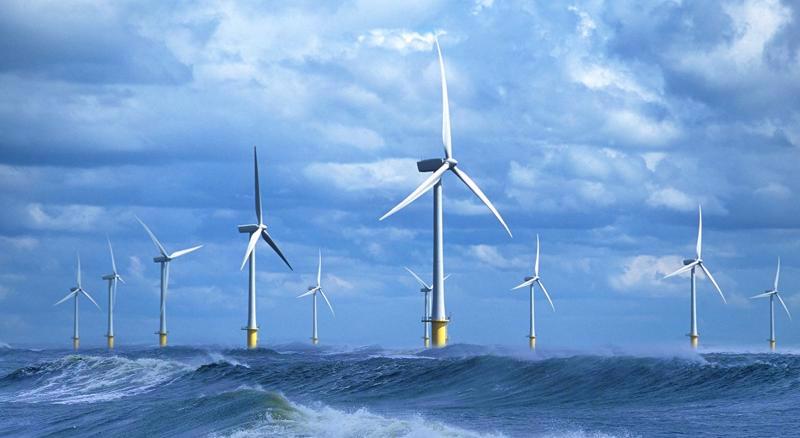More than 50 years after establishing diplomatic relations, Vietnam and Norway have enjoyed a good friendship and cooperation in many sectors. The cooperation between the two sides is expected to flourish in the time to come, especially in offshore wind power. Ambassador of Norway to Vietnam, H.E. Hilde Solbakken, tells VET about the potential for cooperation between the two sides in this sector.
What do you think of the potential for cooperation between Vietnamese and Norwegian enterprises in offshore wind power?

The potential is enormous. Norwegian companies have a wealth of experience and advanced technologies to share with Vietnamese partners. Vietnam, for its part, has excellent natural conditions for renewable energy, including wind power. It has natural harbors suitable for offshore wind, and a competent workforce with transferable skills from the oil and gas sector. Together, Norway and Vietnam can develop many new opportunities in this field, creating jobs and significantly contributing to energy security.
Equinor, the largest energy company in Norway and present in 30 countries and territories worldwide, established an office in Hanoi last spring and has long-term plans for major investments in offshore wind. Scatec, another leading Norwegian renewable power producer, has been active in Vietnam since 2019. It owns and operates the Dam Nai Wind farm in south-central Ninh Thuan province, the “renewable energy capital” of Vietnam, and provides 123 GWh of clean energy per annum to Vietnamese consumers.
The presence of these leading Norwegian companies in Vietnam sends a positive message to the business community back home, and I hope many more will follow. I am optimistic.
What are the advantages and challenges for foreign enterprises in developing offshore wind power in Vietnam?
Firstly, Vietnam is open to foreign investment. Secondly, the Vietnamese Government is very keen on creating an enabling environment for energy transition and renewable energy development. Vietnam is an emerging market for offshore wind, with over 3,000 kilometers of coastline and abundant offshore wind resources. That is another plus.
Both local and foreign investors need a stable and predictable regulatory framework. This is particularly crucial for an offshore wind project, which usually takes a lot of time and significant investment to design, build, and commercialize.
What proposals would you make for Vietnamese policymakers to strengthen the attraction of foreign enterprises in offshore wind power?
The transition to cleaner and renewable energies is indispensable to prevent the dramatic consequences of climate change. Every country in the world is going through this green shift, and we are all grappling with how to do it. A key requirement to reach the full potential of wind power is a transparent, predictable, and enabling legal framework. Norway is also in the process of developing a regulatory framework for offshore wind, and I believe Norway and Vietnam can benefit from sharing experience in this area.
One lesson we have learned is the importance of including all stakeholders, across economic sectors and geographies, in the process. A feasible financing system is also necessary. Policies promoting the transfer and application of advanced technologies are also needed.
Lastly but also importantly, everyone - the government, businesses, and the public - should be on the same page by showing a commitment to implement the goals under the Paris Agreement and ambitions announced at COP26.









 Google translate
Google translate